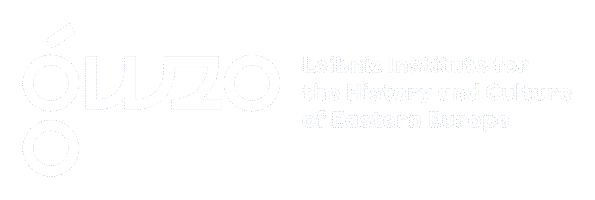As during the first funding period, the cross-sectional project will subject the subprojects to regular critical review and address interdisciplinary theory development and methodology within the consortium. It facilitates the exchange of experiences within the consortium, as well as the collaboration with the expert advisory board, and partners from research and practice. Additionally, the cross-sectional project advances the institutionalization and consolidation of the consortium’s work through the establishment of the cities.building.culture competence network and further third-party funded research at the EU level.
The cross-sectional project is headed by Prof. Christa Reicher (Chair of Urban Design and Institute for Urban Design and European Urbanism, RWTH Aachen University) and Dr. Liliana Iuga (RWTH Aachen University), and supported by the network’s sub-project teams.
The first work package aims to further develop the consortium's key concepts and research methods. In collaboration with subprojects and the advisory board, four full-day international online workshops will be held. Two workshops will focus on resilience and sustainability in the preservation of modern architectural heritage, while the other two will explore the implications of the decolonial perspective for post-Soviet regional studies in both authoritarian and democratic contexts.
As part of work package two, the cross-sectional project will continuously work on maintaining and further developing the international network with partners from academia and practice. This network provides critical feedback, acts as a multiplier, and supports the implementation of consortium and subproject activities. In collaboration with partners from Ukraine, the Baltics, and the Caucasus, the cross-sectional project aims to establish the cities.building.culture competence network. Following the completion of the second project phase, this network is intended to continue the cooperative and interdisciplinary research in the field, ensure knowledge transfer between academia and practice, and support early-career researchers.
Building on the consortium's research findings and its partner network, in work package three the cross-sectional project will lead the development of a proposal for the EU research framework Horizon Europe. This proposal will focus on advancing interdisciplinary collaboration in resilient and sustainable urban development. It plans to submit a Research Innovation Action or a Doctoral Network (MSCA) to enhance the profiling and internationalization of the German consortium partners while sustaining support for early-career researchers. The consortium partners will play a key role in preparing this proposal.
Work package four comprises the ongoing conceptual and organizational consortium work and results transfer. The cross-sectional project will organize several consortium-wide events, including four meetings, two international doctoral schools (in Tallinn and online), and a final conference in Kyiv (2027). Online monthly meetings for all project members will also be held. The project will manage the public representation of the consortium through social media, the website, and the CBC Talks lecture series with experts. Additionally, it will coordinate the development of a final book and exhibition to share research findings with both academic and general audiences.







